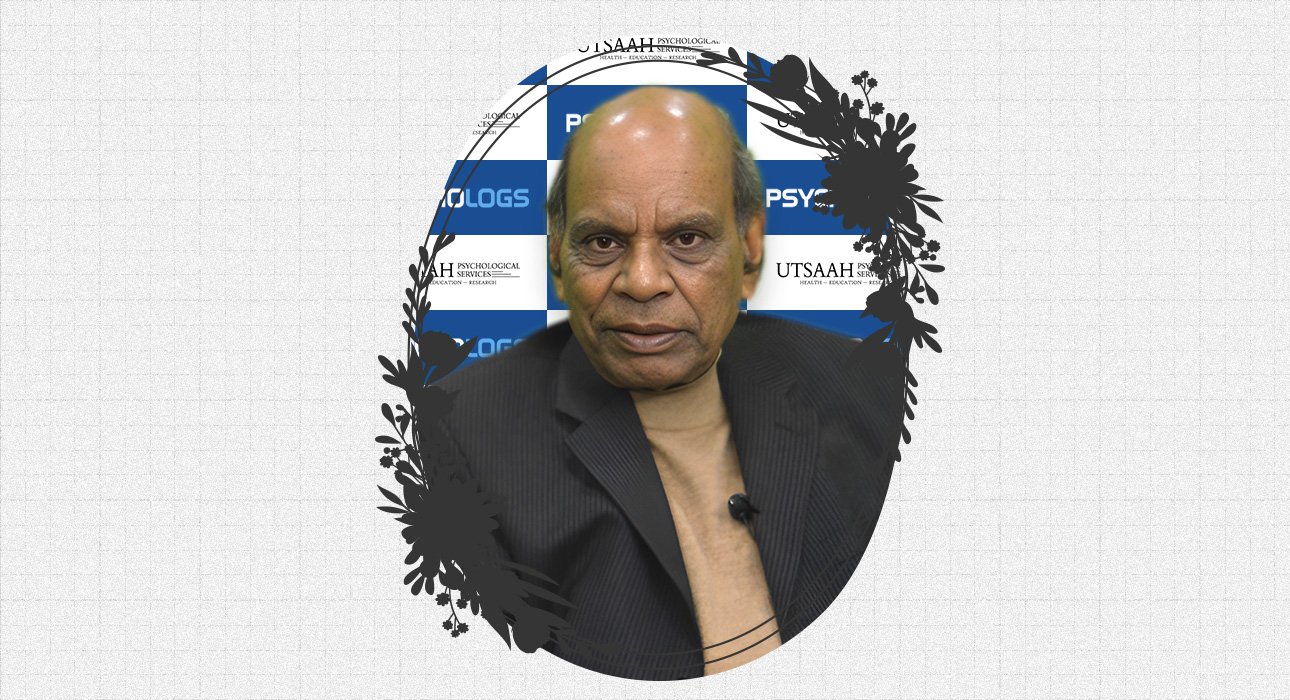Professor Jaganath Prasad Das, famously known as J.P. Das, was in his professional life. He was an Indo-Canadian educational psychologist. A pioneer figure in the field of psychology, a visionary scholar, and the founder of J.P. Das learning clinic. One of the most influential psychologists whose research has revolutionised the understanding of human intelligence among people. He was recently listed as an Emeritus Professor at the University of Alberta in 2025. He recently passed away on Monday, 20th October 2025, in Edmonton, Canada.
Early Life and Education
He was born on 20th January 1931 in Puri, a coastal city of Odisha (previously known as Orissa). His schooling was in Odisha, and his higher education, that is Graduation Degree, was from his hometown Ravenshaw College in Cuttack, Odisha. He continued with post-graduation in Experimental Psychology from Patna University.
He chose to make his career in the field of psychology, which was relatively novel. In 1995, he decided to take up a PhD after winning the Government of India Scholarship at the Institute of Psychiatry, University of London. There, he had an honourable chance to be supervised by psychologist Hans Eysenck. His dissertation was to study the relationship among eyelid conditioning, reaction inhibition, and hypnosis. His PhD was completed in 1957. Beyond these formal degrees, he has also received honorary doctorates, such as Doctorate of Psychology University of Vigo, Spain.
Professional life
His professional career spans several decades. It all began with his hometown yet again when he came back after completing his PhD; this time as a lecturer in the Psychology Department of Utkal University, Odisha. During his tenure as a lecturer at University, he was invited for several guest lectures in universities across the globe, including Peabody College, United States, University of California, Los Angeles (UCLA).
Thus, his journey rapidly moved from a Psychologist in India to an international legend in psychology. This international interaction and networking broaden his understanding and perspective of the research, setting the foundation for later contributions. He has also been a former advisor of Kiit International School SEN Globe.
Prof. Das migrated to Canada in 1968 to become a part of the University of Alberta in Edmonton. There, he was a Research Professor at the Centre for the Study of Mental Retardation. In 1972, he became the director of the centre at University of Alberta and continued to serve in the same position for the next 22 years. To honour his dedication and commitment to the field of psychology, the centre was renamed as “the J.P. Das Centre on Developmental and Learning Disabilities”.
Though he remained active as Emeritus Professor and Emeritus Director but he officially retired in the 1990s. His supervision and leadership made the centre at University of Alberta a hub of learning disabilities and cognitive processing research.
His Achievements
Das has contributed for decades in the field of psychology and beyond. Some of his major contributions are as follows –
- He was one of the first Oriyas to obtain a Master’s degree in psychology.
- PASS theory of intelligence – this was groundbreaking research, which claims that intelligence is a set of cognitive processes rather than a single aggregate of Intellectual Quotient (IQ). It includes four stages through which human brains conceptualise and nurture. These include Planning (executive control), Attention (inhibition and focus), Simultaneous (holistic pattern), and Successive cognitive processing (sequential or serial pattern) (PASS). Thus, a brain-based process-oriented framework of intelligence came into the spotlight.
- Das–Naglieri Cognitive Assessment System (CAS) – An internationally known assessment method for children with learning difficulties. It was based on the PASS theory of intelligence, measuring the four cognitive processes, thus identifying both cognitive strengths and challenges. His assessment was co-developed with Jack A. Naglieri is a renowned psychologist.
- He established a learning clinic in Bhubaneswar, Odisha, for children with developmental and learning Disabilities.
- He has been the author of more than 300 research papers and book chapters. And has co-authored more than 10 books. The contribution focuses mainly on developmental learning, educational interventions, and cognitive psychology.
Awards and Recognition
Prof Das’s contribution was global. Some of the notable honours are as follows-
- He was honoured as the highest civilian with the prestigious “Order of Canada” in 2015. This was for his work in the field of psychology and his theory of intelligence.
- He was selected as a Fellow of the Royal Society of Canada (FRSC)
Life legacy as well
Das was not just known for his research and academic intellect but also for his warm nature, dedication, and humility, which inspire thousands of psychology aspirants. His work has left an incredible mark on cognitive psychology and educational sciences. Professor Das made a legacy of empathy, innovation, and intellect that will continue to illuminate the world of education and research. His belief “Science must serve Humanity” will remain inspirational for many.
References +
Prof. J.P. Das appointed to the Order of Canada. (2015, July 9). Orissa Matters. https://orissamatters.com/2015/07/09/
Course descriptions. (n.d.). https://spu.edu/depts/ce/summer/das.html?utm
J. P. DAS Centre on Developmental and Learning Disabilities University of Alberta. (n.d.). https://sites.google.com/ualberta.ca/j-p-das-centre/home?authuser=0
Das, J.P. (2025, October 3). SAGE India. https://in.sagepub.com/en-in/sas/author/jp-das?













Leave feedback about this